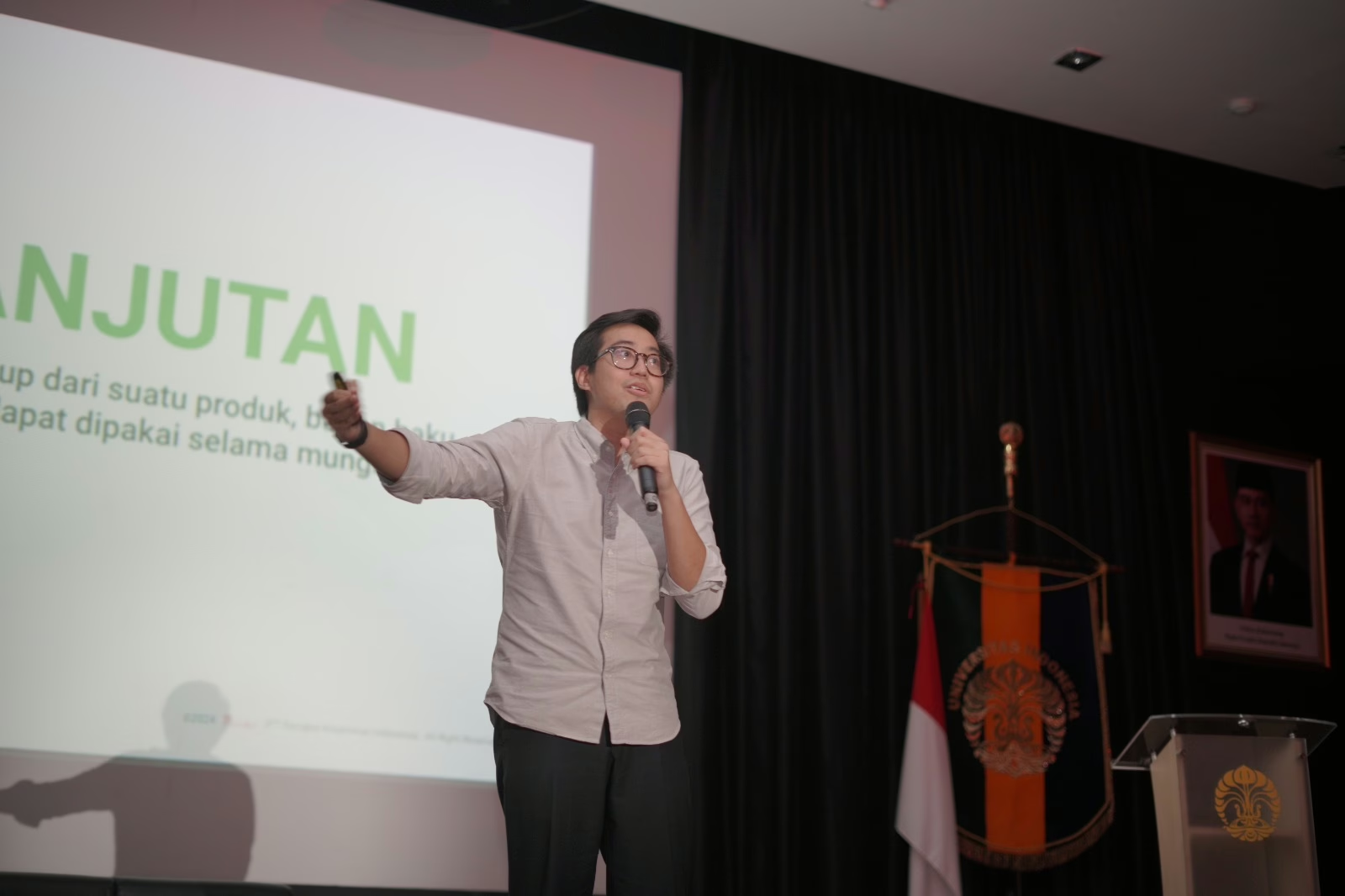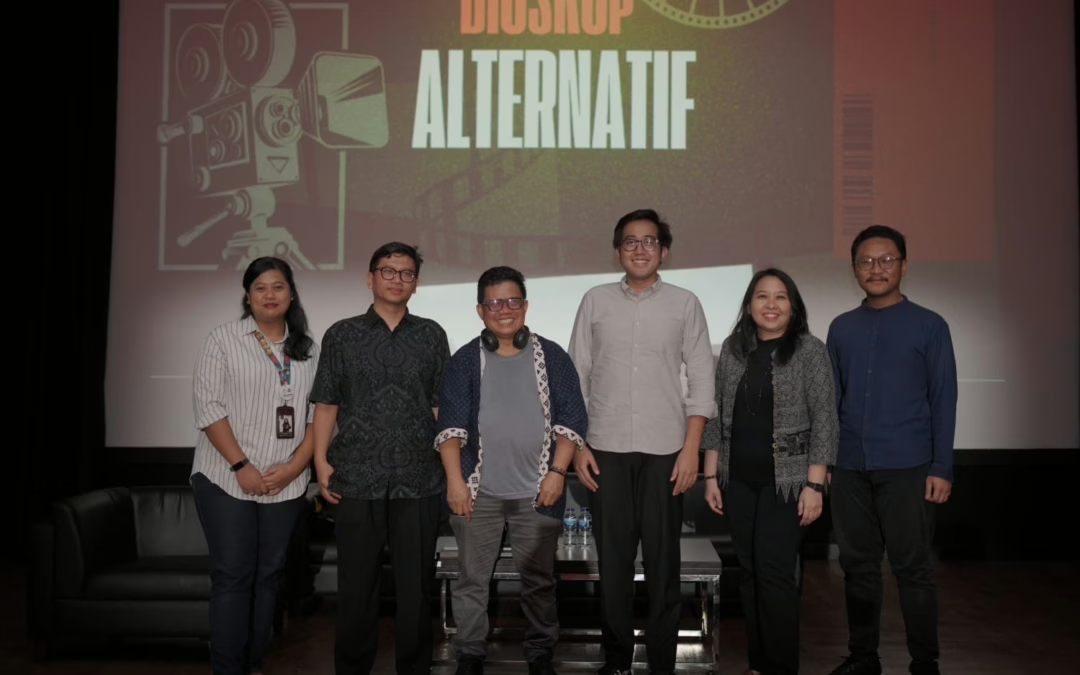Depok-Director of UI Vocational Education Program, Padang Wicaksono, S.E., Ph.D, said that campus can be a strategic space to support the development of the creative economy, especially the film industry. “The presence of alternative cinemas on campus like this can not only attract the interest of the younger generation, but also create real collaboration between the world of education and industry,” he said at the Vocast Talks x Ruang Sinema event, UI Vocational Auditorium, Depok Campus.
Padang also highlighted the potential of the campus as a creative place for students who have the ability to produce films. “Alternative cinema can be a space for students to distribute their films while contributing to the development of the Indonesian film ecosystem. Hopefully this program can be realized in the near future,” he said.
Similar to what Padang said, Dr. Mohammad Amin, M.Sn., M.A., Director of Creative Industry Music, Film, and Animation of the Ministry of Tourism and Creative Economy, stated the same thing. He emphasized the importance of alternative cinemas to support the growth of the Indonesian film industry. According to him, although the number of cinemas in Indonesia has reached 517 in 2024, this number is still too small to reach a population of 280 million.
“Besides high-end cinemas, the presence of affordable middle to lower-class cinemas is the main key to expanding public access to local films. These cinemas are expected to not only show popular films, but also provide more space for local films,” said Amin.
He added that alternative cinemas can utilize public spaces such as creative hubs, museums, libraries, and campuses. “Alternative cinemas can be designed in two formats: central (permanent) and pop-up (mobile). With this step, the distribution and market of creative film products can be expanded, both domestically and internationally,” he said.
 (Photo: Rangga explains the concept of a circular creative economy based on circularity)
(Photo: Rangga explains the concept of a circular creative economy based on circularity)
Redemptus Rangga Raditya, CEO of Rangkai.id, who was also present as a speaker, explained that alternative cinemas can be the spearhead of a circular-based creative economy. “Rangkai has collected more than three hundred local films that we distribute to various platforms and alternative screening spaces,” said Rangga.
He gave an example of collaboration between Rangkai and the DKI Jakarta Provincial Government which presents pop-up cinemas in various public spaces. “This concept is not only about presenting films, but also creating an inclusive experience and supporting the sustainability of the creative economy. Strategic locations that are easily accessible will increase the public’s appeal to watch local films,” he said.
This event is a reflection of the importance of cross-sector collaboration in creating an inclusive and sustainable film ecosystem. Alternative cinemas in public spaces are believed to be able to strengthen the position of Indonesian films as a driving force for the national creative economy.


